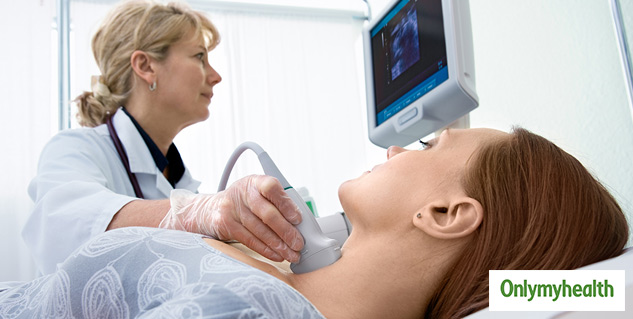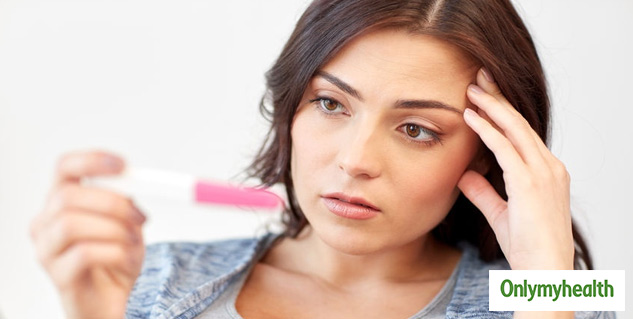
Recent findings published in the National Center for Biotechnology Information (NCBI) highlight the critical role of thyroid hormones in reproductive health. The study suggests that altered thyroid hormone levels are linked to disturbances in folliculogenesis, lower fertilisation rates, and reduced embryo quality, emphasising the significance of thyroid function in the reproductive process.
Table of Content:-
The research underscores the importance of screening for thyroid function and autoimmunity as an integral part of the evaluation for women experiencing infertility or miscarriage. Detecting thyroid-related issues early in the process can contribute to improved outcomes in fertility and pregnancy.

Also Read: 6 Reasons to Incorporate Sattvic Foods into Your Diet for Holistic Wellness
Notably, the study recommends the administration of L-thyroxine, a thyroid hormone replacement, in women of childbearing age who plan to conceive. This intervention aims to enhance the likelihood of successful pregnancy outcomes, particularly in cases where subclinical hypothyroidism (SCH) is present.

Also Read: 6 Reasons to Incorporate Sattvic Foods into Your Diet for Holistic Wellness
For women planning to undergo Controlled Ovarian Hyperstimulation (COH) in the near future, the research suggests proactive treatment with L-thyroxine if they test positive for serum anti-thyroid antibodies and have thyroid-stimulating hormone (TSH) levels higher than 2.5 mIU/L. This precautionary measure is crucial as COH places an additional strain on the thyroid gland.
Bottomline
The study emphasises the role of thyroid hormones in reproductive health and advocates for early screening and intervention to optimise fertility and ensure successful pregnancy outcomes. This information is particularly relevant for women facing infertility or miscarriage, as well as those planning assisted reproductive procedures such as COH.
Also watch this video
How we keep this article up to date:
We work with experts and keep a close eye on the latest in health and wellness. Whenever there is a new research or helpful information, we update our articles with accurate and useful advice.
Current Version